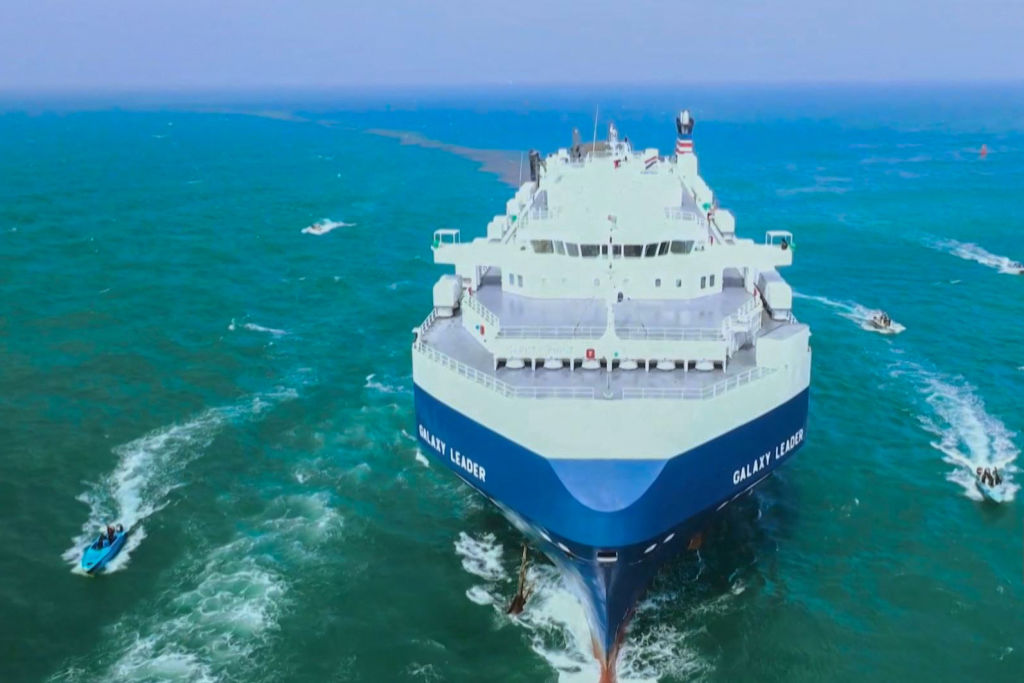ADF STAFF
The Liberian-flagged Zim Europe was the first cargo ship to divert its course.
Bound for Malaysia, the ZIM company ship changed course far into the Mediterranean Sea before turning, retracing its path back through the Gibraltar Strait and into the Atlantic, heading for South Africa’s Cape of Good Hope.
With backing from Iran, Houthi militants in Yemen have terrorized the southern Red Sea and the Gulf of Aden since late November 2023. They have launched a series of missile and drone attacks and raids against cargo ships and other vessels.As a result, an increasing number of ships are avoiding the area and circumnavigating the African continent.
ZIM confirmed it is avoiding at-risk areas by rerouting around the Cape.
“In light of the threat to safe transit of global trade in the Arabian and Red Seas, ZIM is taking temporary proactive measures to ensure the safety of its crews, vessels and customers’ cargo by re-routing some of its vessels,” the shipping company said in a statement.
“As a result of these measures, longer transit times in the relevant Zim services are anticipated, though every effort is being made to minimize disruptions.”
About 17,000 ships and 12% of the world’s trade pass through the Suez Canal in Egypt and the Bab el-Mandeb strait, a 32-kilometer-wide channel that separates Eritrea and Djibouti from Yemen.
After a Houthi missile nearly struck one of its boats on December 15, Danish shipping container giant Maersk announced it would reroute around the Cape of Good Hope. On December 18, oil and natural gas company BP joined the growing list of businesses that have halted shipments through the Red Sea.
Four of the world’s five largest container shipping companies have paused or rerouted movements through the Red Sea. Maersk, MSC, CMA CGM Group and Hapag-Lloyd are leaders in alliances that move nearly all consumer goods between Asia and Europe.
Simon Heaney, senior manager of container research for maritime consulting company Drewry, said diverting routes around the Cape of Good Hope increases the journey between Europe and Asia by nearly 40% and can add up to two weeks.
“Virtually all services will have to make this rerouting,” he told the Public Broadcasting Service. “The impact will be longer transit times, more fuel spent, more ships required, potential disruption and delays.”
In a weekly newsletter, maritime shipping analyst Alphaliner wrote that the traffic diverting around the Cape of Good Hope likely will benefit bunker suppliers in South Africa and Mauritius, as vessels refuel for the longer journey.
But Heaney expects the Houthi attacks will cause major financial problems for Egypt, as millions of dollars in fees that shipping companies pay to go through the Suez Canal constitute a big source of income for a country already struggling with high inflation and a weakening currency.
Unfortunately, the Bab el-Mandeb strait is living up to its nickname: the Gate of Tears.
“This is a chokepoint on the most densely used trade route on the planet,” Sal Mercogliano, a former merchant mariner and shipping historian, told Vox media. “Any disruption is going to impact the entire supply chain.”

